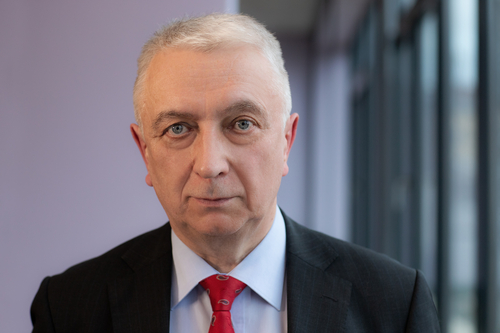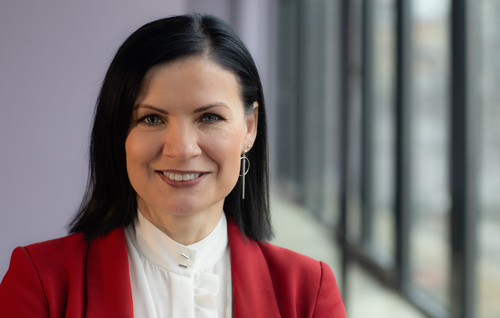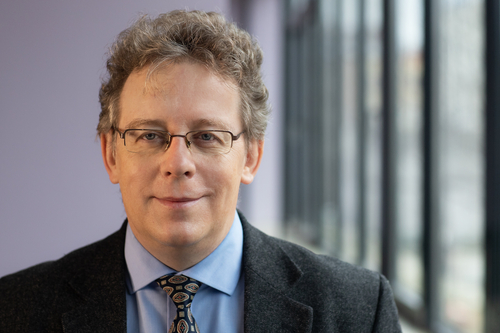- University of Lodz
- Power And Policy
- About The Conference
About The Conference
About the conference

CHAIRMAN OF THE CONFERENCE
Researcher dealing with the history of Poland and the general history of the sixteenth and eighteenth centuries. Head of the Department of Early Modern History of the University of Lodz. Chairman of the Organizing Committee of the conference.

CONFERENCE SECRETARY
Historian and art historian, assistant professor at the Department of Early Modern History of the University of Lodz.
She deals with early modern history, the history of Warsaw press in the Stanisław August Poniatowski period, baroque art and campanology.

CONFERENCE SECRETARY
Historian specializing in the history of Anglo-Saxon Protestantism, the English colonization of North America and international relations in the early modern era. Senior lecturer at the Department of Early Modern History, University of Lodz.
Encounters from the series "Power and policy in early modern times":
- 28–29 September 2022 – "Power and policy in early modern times. The State and the Church"
- 10–11 October 2019 – “Power and policy in early modern times. Diplomacy and internal affairs"
The issues of the conference were divided by the organizers into two blocks. The first – Poland and Europe – included issues related to the internal policy of the Polish-Lithuanian Commonwealth (including the sejmiks, offices and officials) as well as its foreign policy (legations, opinions of foreign diplomats about the Polish-Lithuanian Commonwealth) and trade in the 16th–18th centuries. The second block – Europe and the World – were presented the papers on international relations in Europe and the colonial rivalry of European powers from the 16th to the 18th century. There were also issues relating to the internal affairs of the United States of America at the end of the 18th century.
- 15–16 April 2010 – "Power and policy in early modern times" (without subtitle)
The session was dedicated to the memory of prof. dr. Zofia Libiszowska, an outstanding expert in history of France, United States of America and Poland, who for many years (1945–1990) was associated with the University of Lodz, where she went through all the stages of her academic career. The session gathered scientists from four Polish universities (University of Lodz; Jagiellonian University; Jan Kochanowski University of Humanities and Natural Sciences in Kielce, Branch in Piotrków Trybunalski; Jan Długosz University of Humanities and Natural Sciences in Częstochowa [then Academy]) and one foreign University (University College of London). A total of 15 papers were delivered. The texts presented were both synthetic and very detailed. The Authors discussed the events taking place in Europe and in the New World throughout the entire early modern era, but mainly in the 18th century. They dealt with broadly understood political, religious, economic and philosophical issues.
Faculty of Philosophy and History, University of Lodz
Institute of History, University of Lodz
Department of Early Modern History, University of Lodz
Polish Historical Society – Branch in Łódź
The conference was co-financed by the Ministry of Education and Science ("Excellent Science" program, grant No. DNK / SP / 514508/2021).
The theme of this year's, third meeting in the series "Power and policy in early modern times" are issues of a religious nature in the 16th–18th centuries. During the meeting, the discourse on the extremely important issue, which in the early modern era was the relationship between the state and the Church / churches, will be continued. The geographic scope of the considerations undertaken by researchers covers not only the Polish-Lithuanian Commonwealth, but also Europe and the United States of America.
We propose several leading topics:
- Systemic location of the church.
- The influence of the church on the domestic and foreign policy of the state.
- Church reforms in the countries of the early modern era.
- Participation of the people of the church (clergy) in the political life of the state.
- The problem of state confessionalization.
- The state and religious minorities.
- The Church in the face of wars: between the gospel and politics.
- City Church: from reform to patronage.
- Between doctrine and freedom of conscience: the church towards dissenters.
- The Church in the face of modern ideas of the state: between unity and multi-faith.
- The Church in the face of economic changes in the state.
- Orders and public life.

